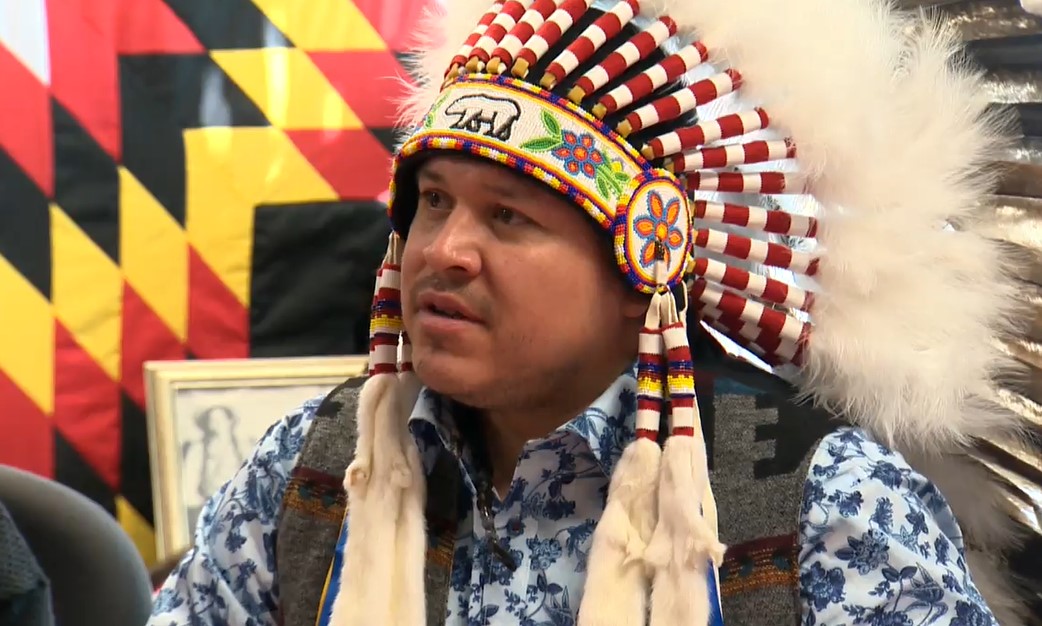Canadians from coast to coast to coast are wearing orange Wednesday to mark Orange Shirt Day — a day to remember the experiences of thousands of Indigenous children who were taken from their homes to live in residential schools.

Melissa Ferland, an Indigenous educator with Mountain View School Division in Dauphin, Man., told Global News she makes a priority of teaching her students the significance of the day, as well as the lasting effects of residential schools on Indigenous communities.
“We wear orange, we decorate orange shirts… we talk about how everyone should feel at our school — how everyone should feel like they matter,” said Ferland.
“We read stories about Indigenous experiences and residential school experiences.
“We’re right now re-learning our language — we have an Anishinaabemowin teacher that comes every week, and we are taking back some of our language.”
Ferland said Canada could do more to recognize such a bleak period in the nation’s history.
“We can always do more. I think every time it’s expressed to me, in this day and age, that somebody still feels like they don’t belong, still feels unheard, still feels worthless… these are things that are occurring today.
“It shows that we’re not doing enough and we need to make sure that every child in every building feels like they belong and that they’re valued.”
Focusing on students on Orange Shirt Day is also a priority of the National Centre for Truth and Reconciliation (NCTR), the permanent home for material gathered by the Truth and Reconciliation Commission (TRC).
National director Ry Moran told 680 CJOB the NCTR has put together a 90-minute program that will be viewed by students in grades 5 to 12 across the country Wednesday.
“We’ll be sharing out a very important sensitive and powerful program to teachers and to kids from coast to coast to coast,” said Moran.
“It’s bringing the stories of residential school survivors, elders, knowledge keepers, youth like themselves… right into classrooms.”
Moran said when the TRC started its work a decade ago, there was no mention of residential schools in any school curriculum in the country. Today, kids are engaged in learning about what happened, often right in their own backyards.
“We’ve got some major historical deficits in terms of our level of knowledge that we need to overcome as a country.”

Residential school survivor Wanbdi Wakita told 680 CJOB that some non-Indigenous Canadians may want to be allies, but need to refocus their efforts.
“I’ve heard non-Indigenous people tell me, ‘Oh you’re so brave to tell your story.’ I want them to be brave, too,” Wakita said.
“I want non-Indigenous people to start telling the truth. That’s what I’m waiting for.
“I really want to see clear messages, clear actions that tell me reconciliation could be on the way. I’d like to see some good changes coming to everyone. This is a human being issue.”
Despite strong support for the cause behind Orange Shirt Day, some Indigenous organizations say the federal government is undermining the spirit of the occasion with the impending cancellation of a national program aimed at helping residential school survivors with health issues.











Comments